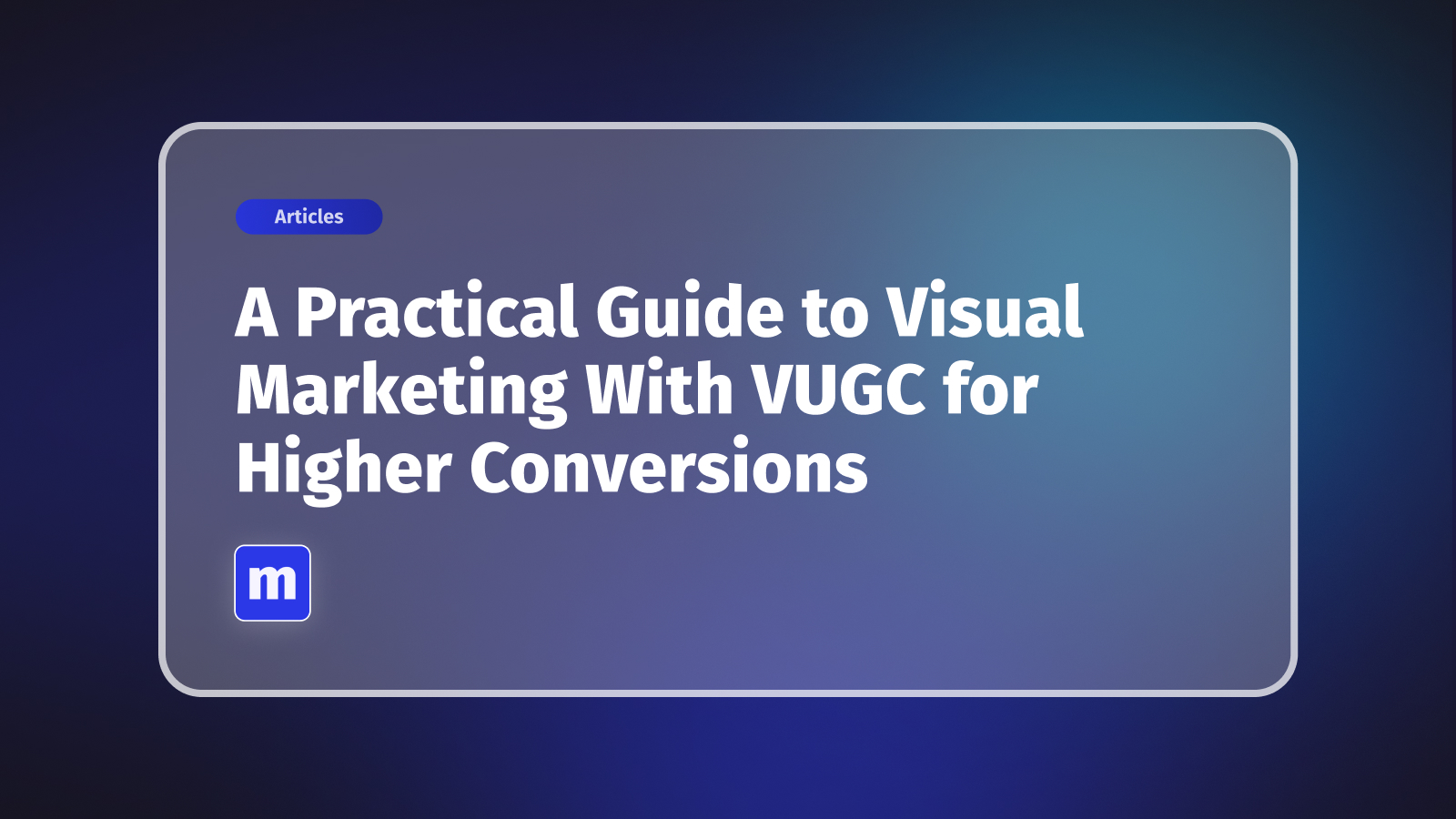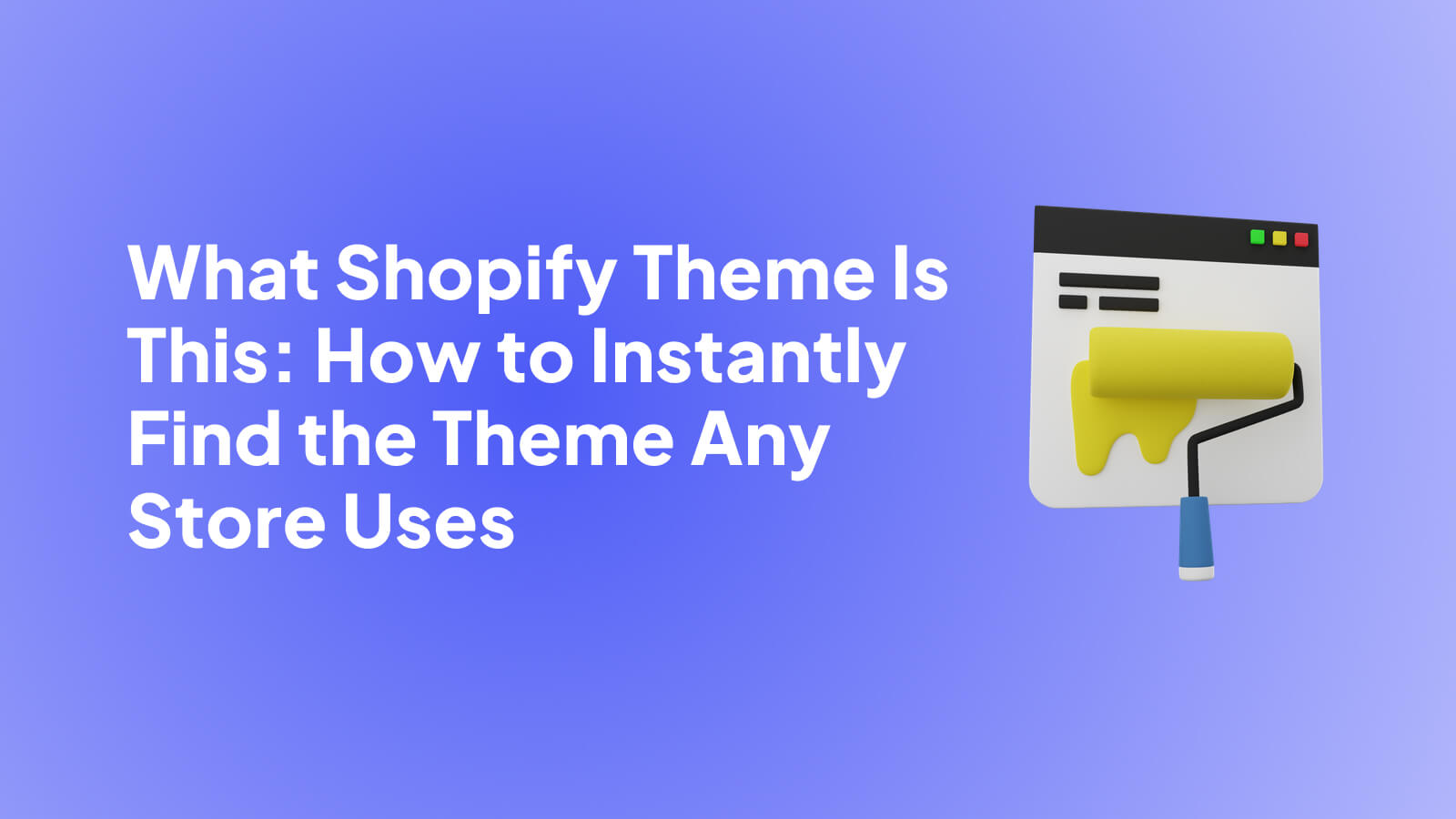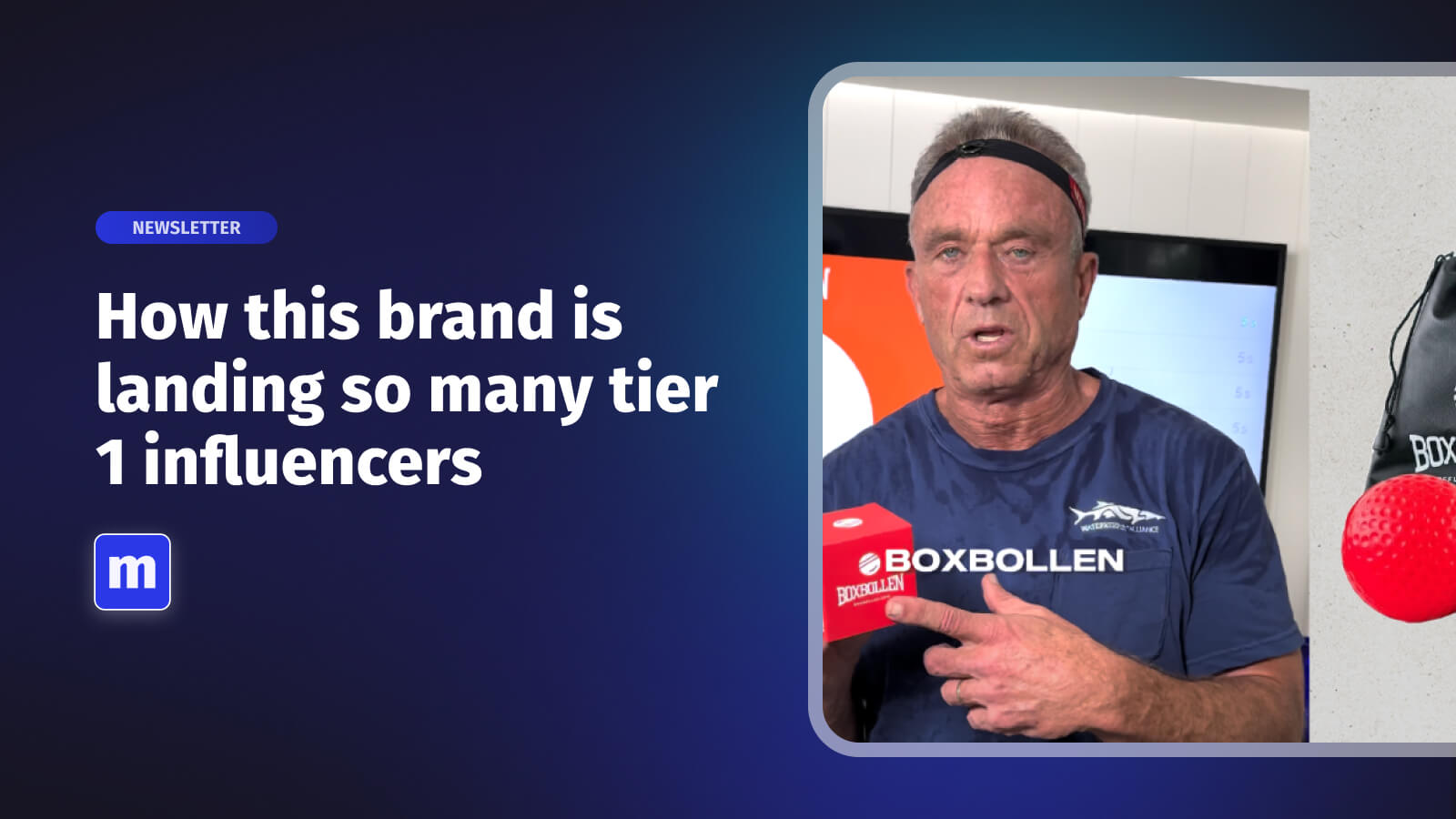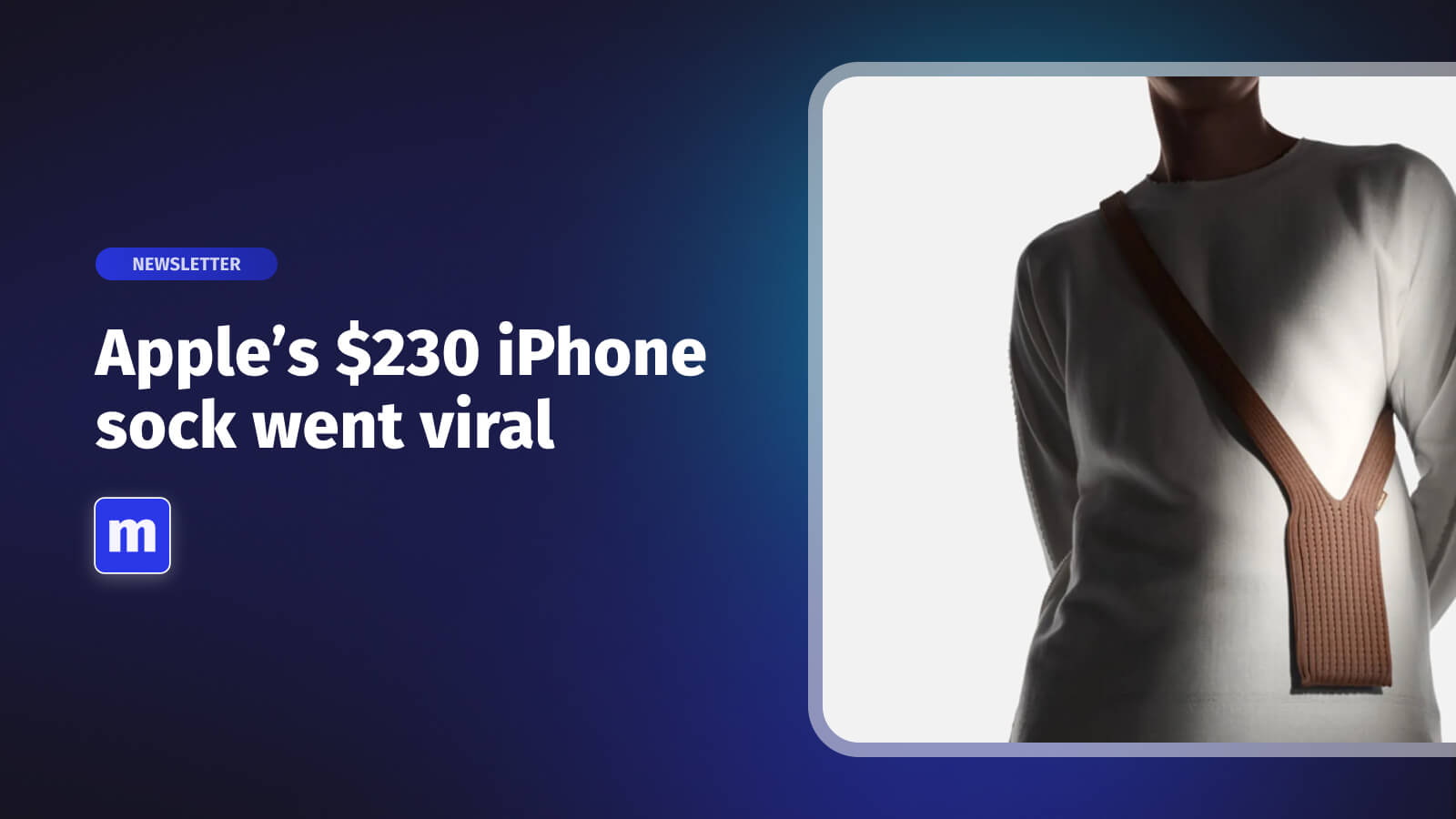
Brands have been trying to build partnerships and relationships with influencers since the dawn of time. During the medieval ages, the blacksmith who was lucky enough (or savvy enough) to be forging swords for the king had a significant advantage over his wielding competitors. Everybody in the village wanted to buy the same sword that the king was using. Villagers assumed that if the richest and most powerful man around was using it, then the sword must be a good product giving the blacksmith a better and more prestigious exposure in the market! This is one of the first examples of a brand ambassador, and since then, while the end goal has remained much the same, the methods and strategies have evolved.
Today, the terms brand ambassador and influencer are often used interchangeably. In fact, there is one key difference between the two. A brand ambassador is someone who establishes a relationship with the brand (or vice versa) and actually uses the product they're promoting. An influencer is someone who merely works with a brand and may not have even used a brand’s products before collaborating with them.
With the rise of social media platforms like Instagram and TikTok, brands have spent more effort focusing on building out a network of influencers to grow their image and build awareness for their products. Working with influencers, however, has proven to have its limitations.
For one, the relationship between a brand and an influencer often for a few story and page posts. Once the influencer has been rewarded for their visibility, the relationship ends. Influencers tend to move on to the next product or brand and therefore do not establish an authentic relationship with the brand or product that they may be promoting for a short time. And if you’ve received media kits from influencers recently, you’ve likely had a bit of sticker shock from their desired rates. The whole process is exhausting and rarely yields justifiable results in the long run.
You are better off building a strong network of brand ambassadors.

What are brand ambassadors and what do they do?
Brand ambassadors and influencers are different. A brand ambassador is more often a real user of a brand’s products and takes on a more official role with the brand. Brand ambassadors embody the company’s identity through words and actions. As active and engaged product users, they are the experts in the brand they promote online and offline. Companies need to view brand ambassadors as an extension of their marketing efforts as they almost become a part of their team.
The best ambassadors help bridge the relationship between the customer and the company’s presence. Exuding an authentic and credible persona, the ambassador is a true extension of the brand. They help give a human touch to the brand, helping potential customers better identify with the brand.
There isn’t a singular channel to which ambassadors make their presence known, either. They can exist online through social media channels such as Facebook, Instagram, and TikTok or offline by interacting in their community and stimulating word-of-mouth marketing. And given their close ties with prospective customers, brand ambassadors can act as lines of communication, helping solve problems, provide support and answer questions.
The tasks and responsibilities of ambassadors can vary from one to the other. Collectively, they offer a range of services and benefits, making them a high impact on marketing efforts.
How is a brand ambassador different from an influencer?
At the core, the two are quite similar because brand ambassadors and influencers have the power of influence. This can influence how people make purchasing decisions by transforming the perspective they may have. But apart from swaying people’s decisions based on their influence, there are core differences that matter if a brand’s goal is to create strong and positive ties with potential customers.
An influencer is a more generic term, and their reach can be greater yet not as focused as a brand ambassador. Additionally, they are influencers in a certain market, industry, or topic versus a specific brand. So, in essence, their loyalty or representation of a brand could be short-lived based on the agreement and, while effective, may diminish quickly.
A brand ambassador is a representative of the brand itself. Consider them a spokesperson or an agent for a brand. Their loyalty and dedication are represented in the fact that their influence captures the attention of others who might then become aware of the brand and eventually convert that awareness into sales.
Brand ambassador programs tend to involve more than simply promoting and tagging a brand on social channels as the influencer will usually do. Ambassadors are asked to play a bigger role not just online but offline as well. For example, showing up at events, engaging with their communities or even doing meetups through Moast’s Host program. Understanding the role of brand ambassadors helps companies know just how important they are for the growth and authenticity of the brand.

How do ambassador programs work?
When looking at the steps to creating an unbeatable eCommerce brand ambassador program, you first want to find brand ambassadors. These will typically come from a pool of influencers that are in the related industries and will be tasked for a period of time, or even long-term contracts, to promote the brands through their channels.
Next, you want to work with various micro and mega influencers to recruit your pool of brand ambassadors. This will help bring optimal reach.
For example, if you're pushing a new easy-to-use filter for social media, you can have brand ambassadors show off the new filter and how best to use it via demo videos. Then, the ambassadors can run a contest for the users to showcase the new filter. As a way to reward the brand ambassador, offering the filter free can be enough, or there can be affiliate links to help Brand Ambassadors earn commission on sales. Ambassador programs work best when it appears as if the information is coming more from actual customers rather than paid influencers which affect the authenticity due to their bias.
Go with Moast
Moast designs a true ambassador program as a tool through which brands can get their customers to become advocates for products they love. This involves having the right platform to reward their advocacy of your brand, and Moast helps to do that by using regular shoppers who help provide social proof of a brand's product or service with unprecedented engagement.
Moast enables shoppers to ask questions or even schedule meetups with people who own the product, which will help increase their confidence to make the purchase. With this type of digital word-of-mouth strategy, brands can push their sales cycles through nearly twice as fast. Whenever you're ready to take your brand ambassador program to the right level, feel free to reach out to us here to learn more.
Related content
Turn your social content into a revenue channel
Turn your TikToks and Reels into shoppable videos and boost conversions by 3.5x.













